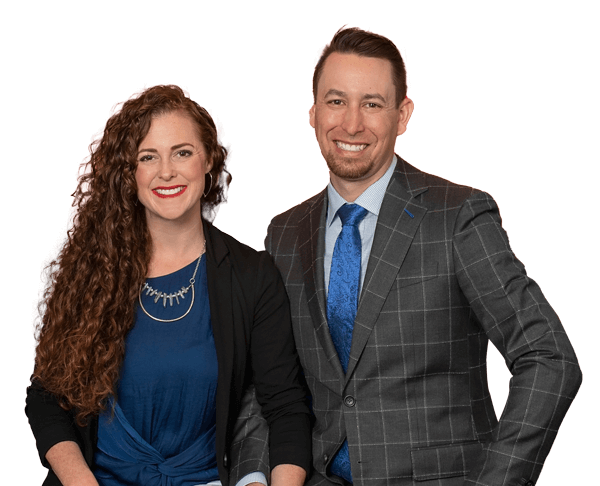Menu
Boise:
Sacramento:
Boise:
Sacramento:

The past two years have been unprecedented in American history, in more ways than one. The COVID-19 pandemic drastically altered daily life for most of us, especially during the “lockdown” periods in 2020 when many businesses were closed, and millions of people were working and learning from home.
One unexpected side effect of the pandemic was a spike in reckless driving behavior and a related rise in car accident injuries and deaths. Due to a combination of reduced daily traffic and pandemic stress, law enforcement agencies began reporting sharp increases in drunk driving, distracted driving, and extreme speeding (driving faster than 100 mph). Despite overall travel rates going down, accident rates trended in the other direction, and that trend has continued for nearly two years.
According to data from the National Highway Traffic Safety Administration, traffic fatality rates began to decline during the second quarter of 2022, after increasing for seven consecutive quarters. The rates have not returned to pre-pandemic levels, however.
Additional data from a company called Cambridge Mobile Telematics also shows that insurance claim severity spiked during the pandemic. This essentially means that crashes during this period were more likely to be severe compared to pre-pandemic levels. Despite recent declines, these rates also remain higher than normal.
Whether it was due to pandemic stress or just poor decision-making, there is no legitimate excuse for reckless driving. If you or someone you love has been severely injured (or worse) because another driver was speeding, distracted, drunk or otherwise driving recklessly, an experienced personal injury attorney can help you hold that driver accountable for your injuries and losses.

Attorney Advertising | Prior results do not guarantee a similar outcome. The information on this website is for general information purposes only. Nothing on this site should be taken as legal advice for any individual case or situation. This information is not intended to create, and receipt or viewing does not constitute, an attorney-client relationship. This site is protected by reCAPTCHA and the Google Privacy Policy and Terms of Service apply.